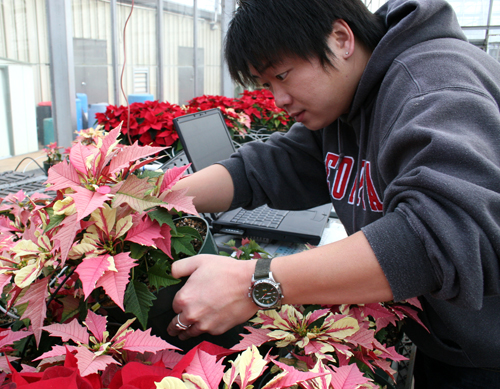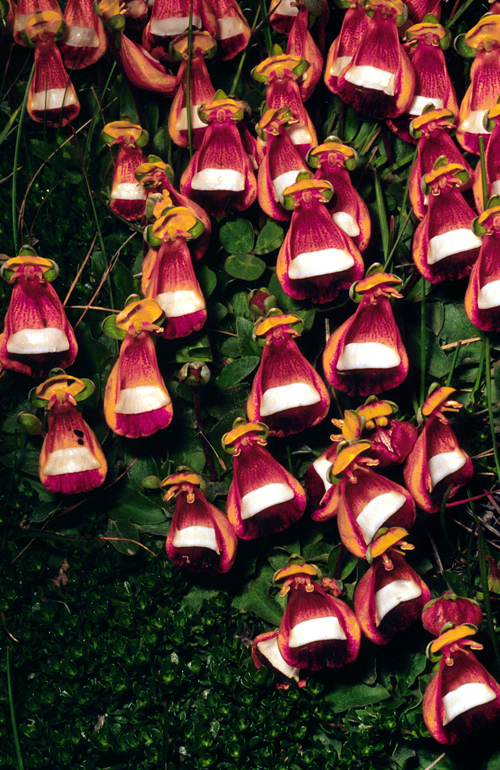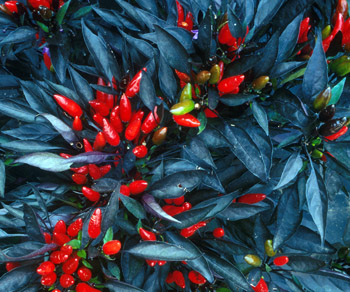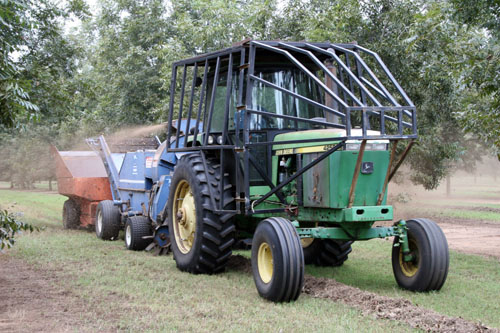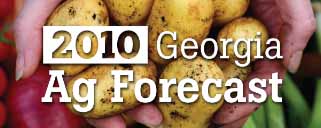 CAES News
CAES News
2010 Ag Forecast
The University of Georgia College of Agricultural and Environmental Sciences will host its fourth annual Ag Forecast Breakfast Series 7:30 a.m. -10 a.m. Jan. 25 in Rome, Jan. 26 in Gainesville, Jan. 27 in Statesboro, Jan. 28 in Tifton and Jan. 29 in Macon. Participants will hear from farm and food safety experts and be able to ask them questions.

